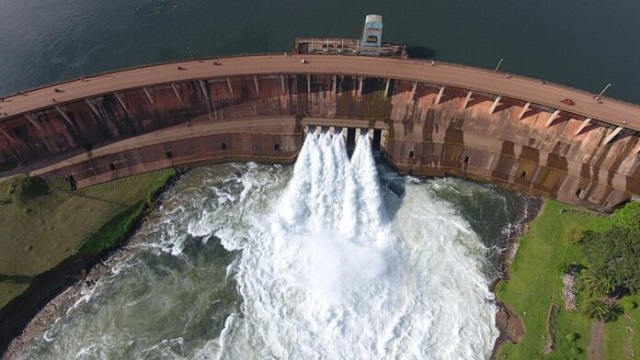
COMMENT | Gertrude Kamya Othieno | Names are more than identifiers; they are carriers of history, culture, and identity. In Europe, names like Mount Olympus, St. Peter’s Basilica, and the River Thames are preserved as markers of cultural heritage and continuity. In stark contrast, Africa’s names, personal and geographical, were systematically stripped and replaced during colonial rule. This act of renaming was not a minor adjustment but a profound erasure of African dignity, history, and worldview.
Colonial powers did not stop at renaming individuals, they extended their control to Africa’s landscape, reshaping it to fit their narrative. Queen Elizabeth National Park in Uganda, for instance, was once known as Kazinga National Park. Renamed in 1954 to honour the British monarch’s visit, this act erased the park’s original identity and severed its connection to the local communities who lived in harmony with it.
Similarly, Owen Falls Dam, constructed on the Nile River, was named after Sir William Owen, a colonial engineer. This site, integral to African cosmology and livelihood, was reduced to a monument of foreign domination. The dam, built over the Ripon Falls, ignored the spiritual and cultural significance of the area, reducing it to a symbol of European engineering.
The Case of Murchison Falls and Lake Albert
These renamings are not isolated incidents. Kabalega Falls, named after the courageous King Kabalega of Bunyoro, was renamed Murchison Falls by British explorer Samuel Baker, in honour of Sir Roderick Murchison. This erased the local legacy of resistance and replaced it with a foreign narrative.
Similarly, Lake Mwitanzige, with its rich indigenous significance, was renamed Lake Albert, honouring Prince Albert of Britain. These changes systematically disconnected Africans from their cultural and spiritual ties to the environment.
Naming as a Tool of Colonisation
Colonial powers understood the importance of names as tools of identity and power. Renaming rivers, lakes, and mountains was a deliberate strategy to impose foreign dominance. Africans were colonised not only through the subjugation of their people but also through the renaming of their world.
Critics may argue that restoring these names is a mere symbolic gesture. However, colonisers have not reciprocated by integrating African narratives into European history. There is no Shaka Zulu Avenue in London or Nzinga Square in Paris. This absence underscores the asymmetry of historical recognition and cultural honour.
Environmental Stewardship and Cultural Wisdom
The renaming of Africa’s landmarks is not just about reclaiming identity—it is also about restoring the holistic worldview that linked people, land, and spirituality. Africa’s cultural traditions held deep respect for the environment. Mountains, rivers, and forests were sacred, and their names reflected their spiritual and ecological importance.
For example, Lake Nalubaale (commonly referred to as Lake Victoria) was a source of life and spiritual sustenance for the communities around it. Renaming it after Queen Victoria not only displaced its cultural significance but also symbolised the colonial disregard for African environmental practices.
Restoring these names can reignite these traditions, reminding the world that Africa’s environmental wisdom is integral to addressing global challenges like climate change.
A Call to Restore Dignity
Africa’s decolonisation journey is incomplete without the restoration of its names. The anomalies of colonial renaming must be addressed. These acts of erasure were not minor, they were foundational to the colonial project, disconnecting Africans from their heritage and imposing a foreign narrative.
Renaming landmarks like Queen Elizabeth National Park, Owen Falls Dam, Murchison Falls, and Lake Albert is not a trivial exercise. It is a powerful statement of reclamation, dignity, and historical justice. As Europe fiercely protects its cultural symbols, so too must Africa demand the restoration of its identity and honour the legacy of its people and landscapes.
This is more than an act of historical importance—it is a restoration of Africa’s narrative, ensuring that its people and environment are seen not through colonial eyes but as they truly are: vibrant, interconnected, and deeply significant.
*****
 Gertrude Kamya Othieno | Political Sociologist in Social Development (Alumna – London School of Economics/Political Science) | Email – gkothieno@gmail.com
Gertrude Kamya Othieno | Political Sociologist in Social Development (Alumna – London School of Economics/Political Science) | Email – gkothieno@gmail.com
 The Independent Uganda: You get the Truth we Pay the Price
The Independent Uganda: You get the Truth we Pay the Price



